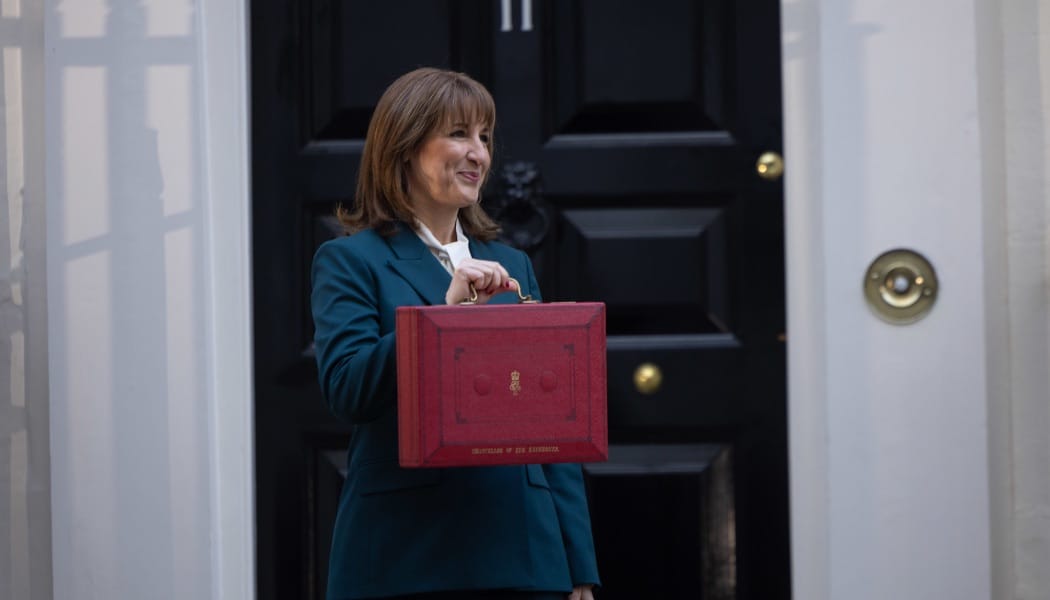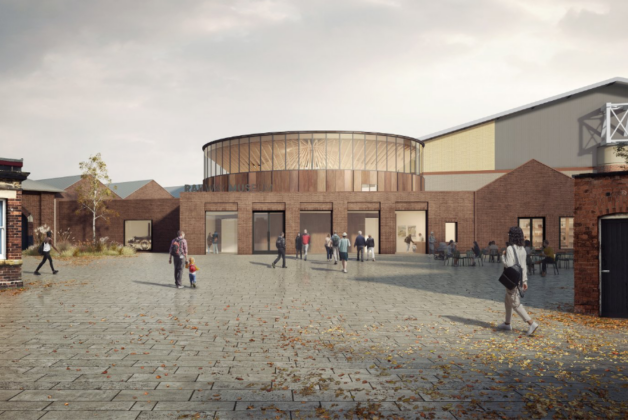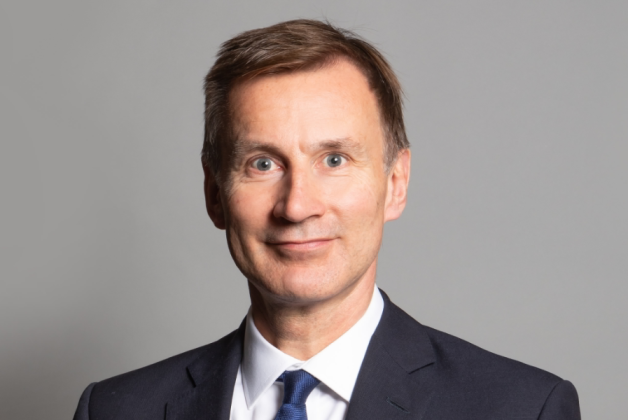Alistair Hardaker
Image: Rachel Reeves (CC BY-NC-ND 4.0 HM Treasury)
Budget includes minimum wage rises and business rates relief, with sector expressing concerns over lack of new cultural investment.
Museums and heritage organisations will see changes to employment costs from April 2026, after Chancellor Rachel Reeves announced increases to minimum wage rates in today’s Budget.
National Living Wage increase
The National Living Wage will increase to £12.71 per hour for workers aged 21 and over, representing an increase of £900 to the gross annual earnings of a full-time worker. Workers aged 18-20 will see an 8.5% increase from £10 to £10.85 per hour, while 16-17 year olds and apprentices will see a 6.0% increase to £8 per hour. The accommodation offset will increase by 4.1% to £11.10 per day.
Lower business rates tax rates
Some in the sector will see permanently lower business rates tax rates, part of an announcement that over 750,000 retail, hospitality and leisure properties will benefit from April 2026. Museums and art galleries are explicitly included in the current retail, hospitality and leisure relief scheme, suggesting they will benefit from the permanent lower rates, though detailed eligibility criteria have yet to be published.
Reeves said the lower rate would be paid for “through higher rates on properties worth £500,000 or more, like the warehouses used by online giants. “
The Chancellor also announced the government will maintain personal tax thresholds and National Insurance contributions thresholds from 2028 until 2031.
Reactions from the sector:
Victoria Pomery, Chief Executive Officer of The Box in Plymouth said: “With its focus on debt reduction and protecting essential services like the NHS, today’s budget didn’t deliver any new or additional investment for the cultural and creative sectors. Culture isn’t a luxury; it’s an essential part of everyday life. It supports economic growth, health & well-being, skills and training and so much more. Sadly, the scale of support doesn’t match the scale of the challenges many museums and galleries face. 13% of the visits to The Box over the past five years have been made by people who had not previously engaged with culture. The sector needs stable and sustained investment to ensure culture remains accessible to all.” –
Beth Butterwick, Managing Director at Clarendon Fine Art said: “The arts sector, like many, has been struggling against a tidal wave of rising costs. The lack of funding to help the sector is not unexpected, but disappointing.
“The Arts Everywhere financial package, which was announced early in the year, was a much-needed boost to ignite creative sparks and create art opportunities for young people. With no further support announced today, The Budget has extinguished that momentum. We need to democratise art. In making the industry more accessible, we can unlock its potential.
“If we can make the art industry open to all, everyone benefits. It brings fresh talent in, improves social cohesion and wellbeing. It hits the bottom line too, improving productivity and therefore economic growth.
“However, the silence we heard on this in the Budget speaks volumes. Until the funding is there to break down barriers in the art industry, this cycle will continue.”
Jonathan Carr-West, Chief Executive, Local Government Information Unit (LGIU), said: “There was little in this Budget to address the real risks facing local government: SEND, temporary accommodation, adult social care. But it did reveal something about the government’s underlying attitude toward councils.
“Pots of money handed out to individual areas will, of course, be welcome — and we know that councils will use every pound to great effect. But these one-off allocations are no substitute for a fair, sustainable funding system that genuinely empowers local government.
“It’s right that local areas should be able to decide whether a tourist tax is right for them. But why should this be limited to mayors? Why not trust local leaders and councils? Why not bring it nearer to communities?
“Most telling of all is the introduction of an additional levy on council tax — money that won’t support cash-strapped councils but will instead go straight back to Whitehall not the town hall.
“This government came to power promising devolution, localism and community empowerment. Based on this budget, that’s still work in progress.”





